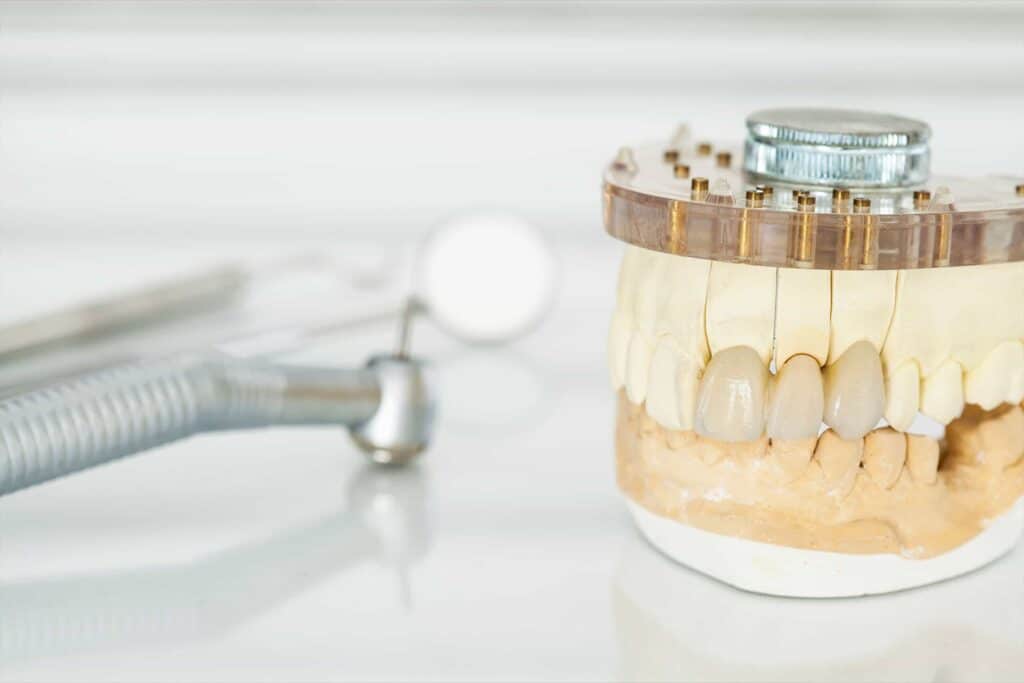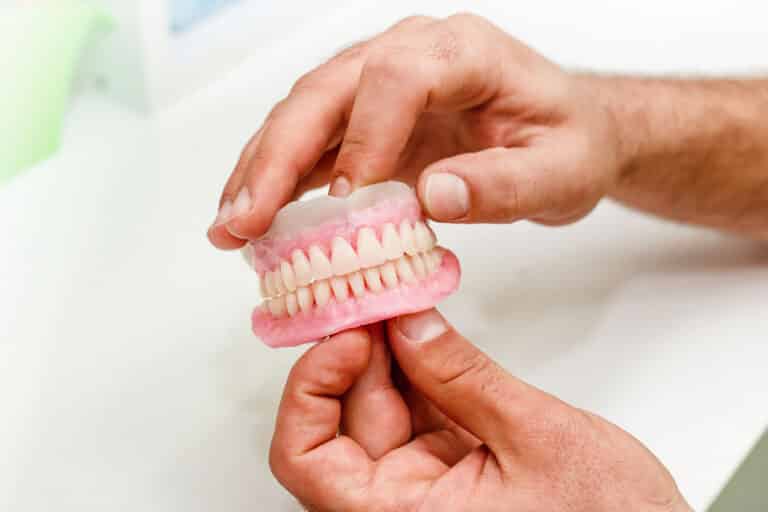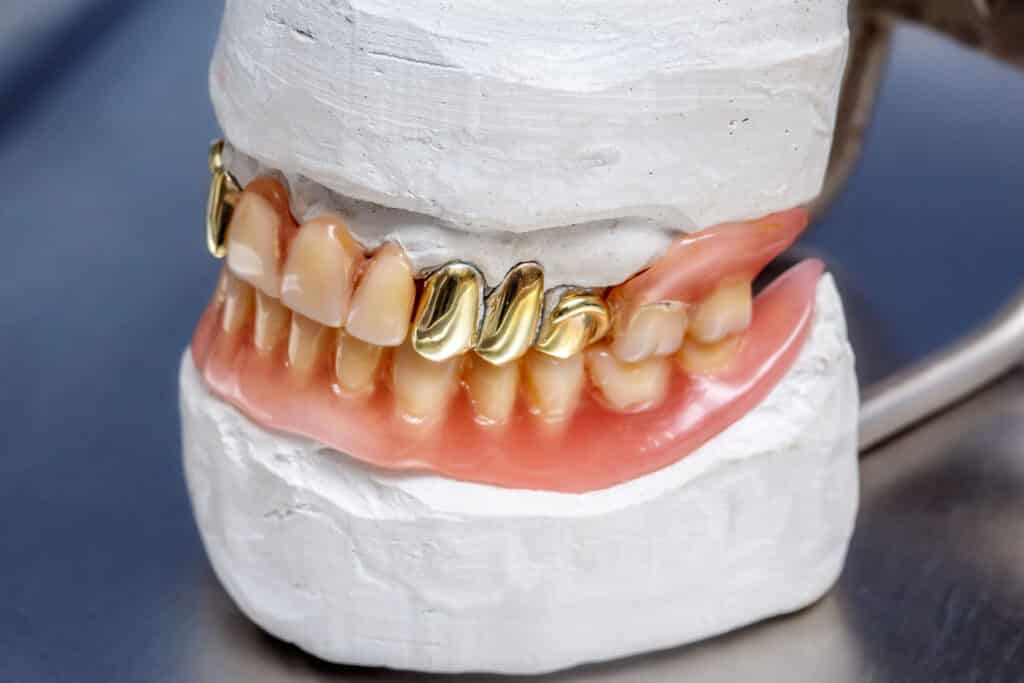Wisdom teeth are the third and final molars that most people get in their late teens or early twenties. For some people, these teeth can come in without any problems. But for others, wisdom teeth can cause pain, infection, and other dental problems.
There is some thought that they were once valuable for ancestors who had diets of tough, chewy foods. The back molars helped them grind down food to digest it better.
Nowadays, diets are softer, and other tools help people eat, like forks and knives. This means people don’t need themanymore, and these teeth often cause more problems than they’re worth.
What are Wisdom Teeth?
Wisdom teeth are the third molars in the back of your mouth. These teeth are the last to come in, and they usually appear around age 18. They can cause problems if they don’t come in (erupt) properly. They may become impacted, which means they’re trapped beneath the gum line. Impacted wisdom teeth can cause pain, infection, and other problems.
When Do Wisdom Teeth Come In?
As mentioned above, wisdom teeth usually erupt (come in) between ages 17 and 25. By age 30, most people have all four wisdom teeth, if they are going to come in. Although less common, they can erupt in the later decades of life. So it is relatively difficult to predict when they will come in.
Wisdom Tooth Infection
Wisdom teeth that are impacted or only partially erupted can trap food and bacteria. This can cause an infection, which is called pericoronitis. Pericoronitis happens when the gum tissue around the tooth becomes inflamed. Symptoms include:
- Bad breath
- Sore gums
- Painful chewing
- Swollen gums
- Intense pain
If pericoronitis is not treated, it can lead to more severe problems, such as:
- Damage to nearby teeth
- Bone loss
- Infections
Can Wisdom Teeth Cause Headaches?
Some people may think that wisdom teeth may cause headaches, however there is no scientific evidence to support this claim. If you’re having headaches, it’s best to see your doctor find the cause.
However, in some instances, they can indirectly cause headaches from previously mentioned symptoms. For instance, intense pain from an infected tooth can lead to pain in your jaw, ears, or face. The pain in the upper side of your face may feel like a headache. If you’re experiencing this type of pain, your dentist may recommend removing them. However, the dentist will conduct some examinations to be sure that the wisdom teeth are the cause of the pain before carrying out the removal.
Should I Remove My Wisdom Teeth?
This is a decision that you and your dentist will need to make. If you are experiencing severe pain or other problems, your dentist may recommend removing the wisdom teeth. As aforementioned, the dentist will carry out a series of tests to ensure that they are the cause of the problem before making a decision.
However, if your wisdom teeth are healthy and come incorrectly, there may be no need to remove them. It is best to visit your dentist for regular checkups. This will help ensure that your teeth are healthy and cause no problems. This may also help detect any issues in their early stages, making treatment more accessible.
One consideration is that if there are no wisdom teeth, there will be no chance for them to cause any pain or discomfort. Even properly erupted and healthy wisdom teeth can be problematic in the future due to the difficulty in keeping them clean. Also keep in mind the recovery period after removal gets longer the older the patient is.
Some people choose to remove their wisdom teeth even if they’re not causing any problems. This is often done for preventive purposes and most commonly done during a school break during high school. If there is a family history of dental problems, your dentist may recommend removing them. This may help prevent future problems.
Pros
There are a few pros to removing wisdom teeth, such as:
- Preventing problems: Prevention is always better than cure. If your dentist has determined that they may cause problems in the future, it is best to have them removed.
- Easier dental care: It becomes easier to clean your mouth when wisdom teeth are removed. This can help reduce your risk of tooth decay, gum disease, and emergency extractions.
Less pain: Removal may be the best option if you’re experiencing pain. This can help you avoid further pain and discomfort.
Cons
There are also a few cons to removing them, such as:
- Pain: Removing them is a surgical procedure. As with any surgery, there is a risk of pain and complications.
- Complications: They are typically closer to vital structures, including nerves. These structures may become damaged resulting in temporary or permanent damage.
- Expense: Removal can be expensive. Costs may vary depending on the dentist and the type of surgery needed.
- Time: Recovery time after removal can be several days to a couple weeks. You will need to take it easy and avoid activities that can cause pain, swelling, or complications.
- Risk of infection: There is always a risk of infection after surgery. Be sure to follow your dentist’s instructions for care after the procedure.
Why shouldn’t I Remove My Wisdom Teeth?
As with any surgery, there are risks involved with their removal. These risks include pain, swelling, bleeding, and infection. You may also have numbness in your lips or tongue after the procedure.
How Much Does Wisdom Tooth Removal Cost?
The cost of removal can vary depending on the dentist and the type of surgery needed. Prices may range from a few hundred dollars to more than a thousand dollars. The procedure may be complex and may involve more than one visit to the dentist. However, typically it is a single visit. Be sure to ask about any additional costs, such as anesthesia or post-surgery care.
When is the Best Time to Remove Wisdom Teeth?
The best time to remove them is before they cause problems. This may be when they first come in (erupt) or later on if they become impacted or only partially erupted. Typically the best time is during the late teenage years, when there is the time during a school break to rest and recover from the surgery.
If you have any concerns about your wisdom teeth, see your dentist, and they can help you decide if removal is the best option.
Recovery time after removal can be several days to a week. You will need to take it easy and avoid activities that can cause pain or swelling.
In Conclusion
Wisdom tooth removal is a decision that you and your dentist should make. There are both pros and cons to removing them, and be sure to ask about the risks and benefits before making a decision. Your dentist can help you decide if wisdom tooth removal is the best option.





